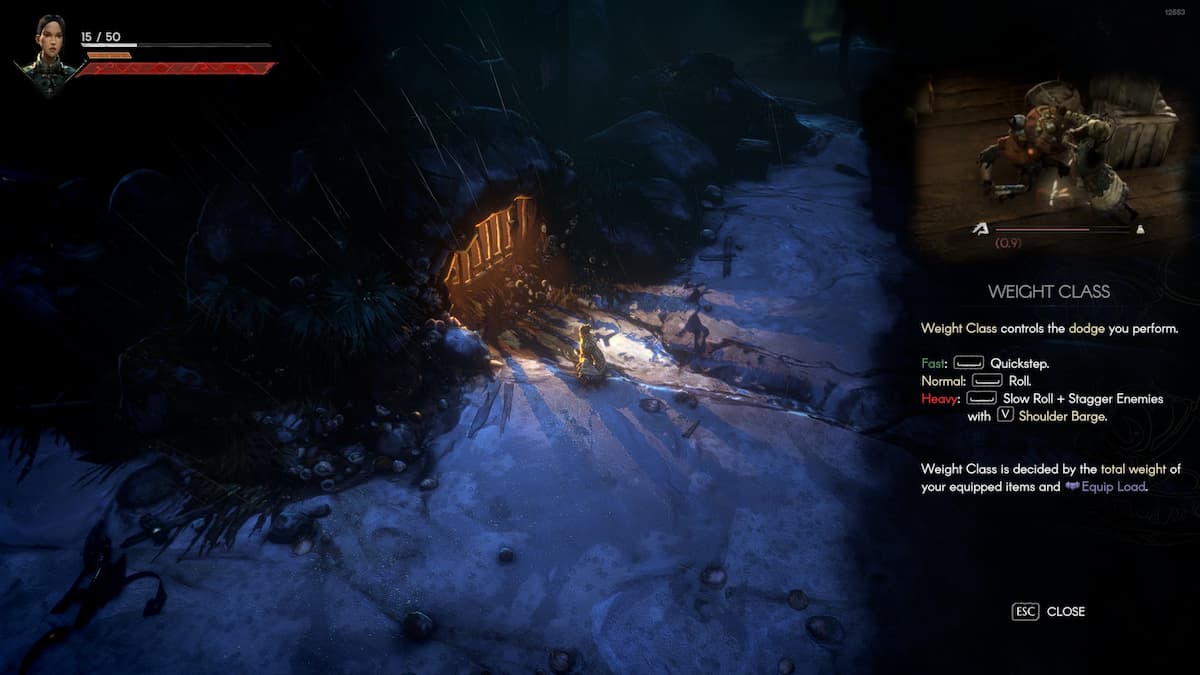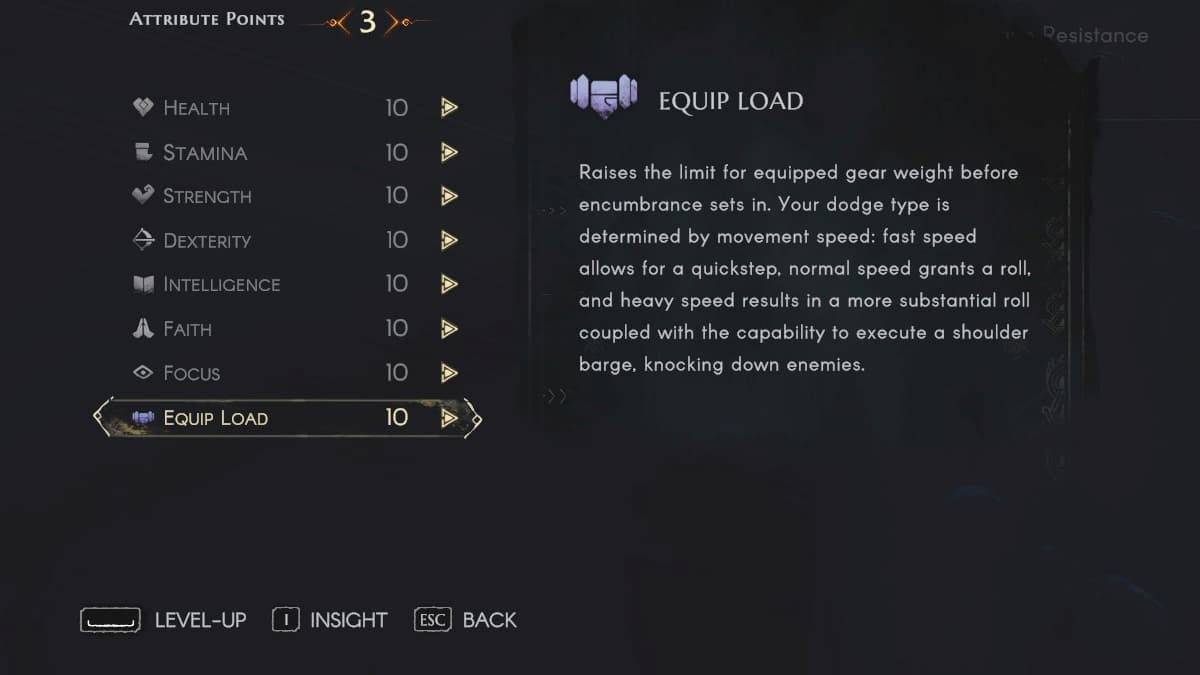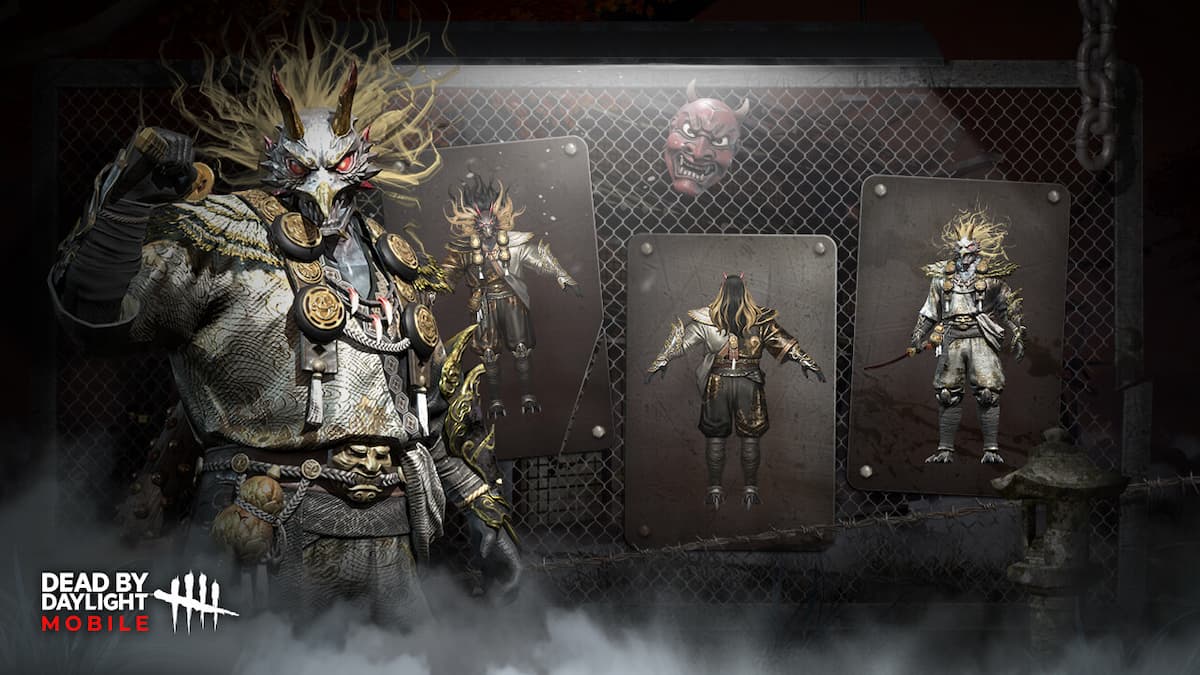In No Rest for the Wicked, there’s a mechanic called “Weight Class” that you probably noticed during your first hours of the playthrough. In this article, I’ll help you clarify what “Weight Class” means and the advantages and disadvantages of each one.
What Weight Classes Are There in No Rest for the Wicked?
There are three weight classes in No Rest for the Wicked:
- Light.
- Normal.
- Heavy.

Light Class in No Rest for the Wicked
The Light Class has a “Quickstep” as a dodge mechanic. I would say that lightweight character types, such as mages and dual-wielding rogues, archers… (although these classes are not defined by names according to my knowledge of the game so far), are best played as Light Class. Maneuverability is key since you won’t be blocking a lot, and parrying might be hard for you if you are new to the game. Quicksteps allow a fast recovery. However, you need to be mindful of the weight of the armor you’re wearing. You can’t go around carrying chainmail and poking creatures with two daggers… Or can you?
Normal Class in No Rest for the Wicked
The Normal Class is, I think, your typical average (normal every day) “sword and shield” type of character. You have a regular roll for a dodge, which should be an OK utility to get away from peril in combat. Similar to Light Class, you’ll need to manage your equipped item weight.
Heavy Class in No Rest for the Wicked
The Heavy Class accepts all loss of maneuverability capabilities, but the trade-off is a “shoulder barge,” a special move that’s good for use when you’re up close and personal with the enemies and want to stagger them a bit. Your rolls will be more substantial (but it seems it will take you more time to get up), so timing and skills will be the key to your survival. And also, blocking and parrying skills.
What Weight Class is the Best in No Rest for the Wicked?
I can’t tell you what’s the best, or what’s best for you specifically. But I can present the upsides and downsides. There are many different playstyles you can utilize while playing No Rest for the Wicked, and if you’re a beginner, I’d probably recommend starting off with the Light Class. When you get a hang of it, you can start exploring and upgrading.
Also, one important thing: Make sure to occasionally invest a point or two into Equip Load if you want to have some breathing space when it comes to your inventory weight.

When you get bored of combat with monsters, maybe you should go fishing, and while you’re waiting for the fish to bite, check out which stats are good to increase early. More guides are available at our No Rest for the Wicked Game Hub.









Published: Apr 22, 2024 05:01 am